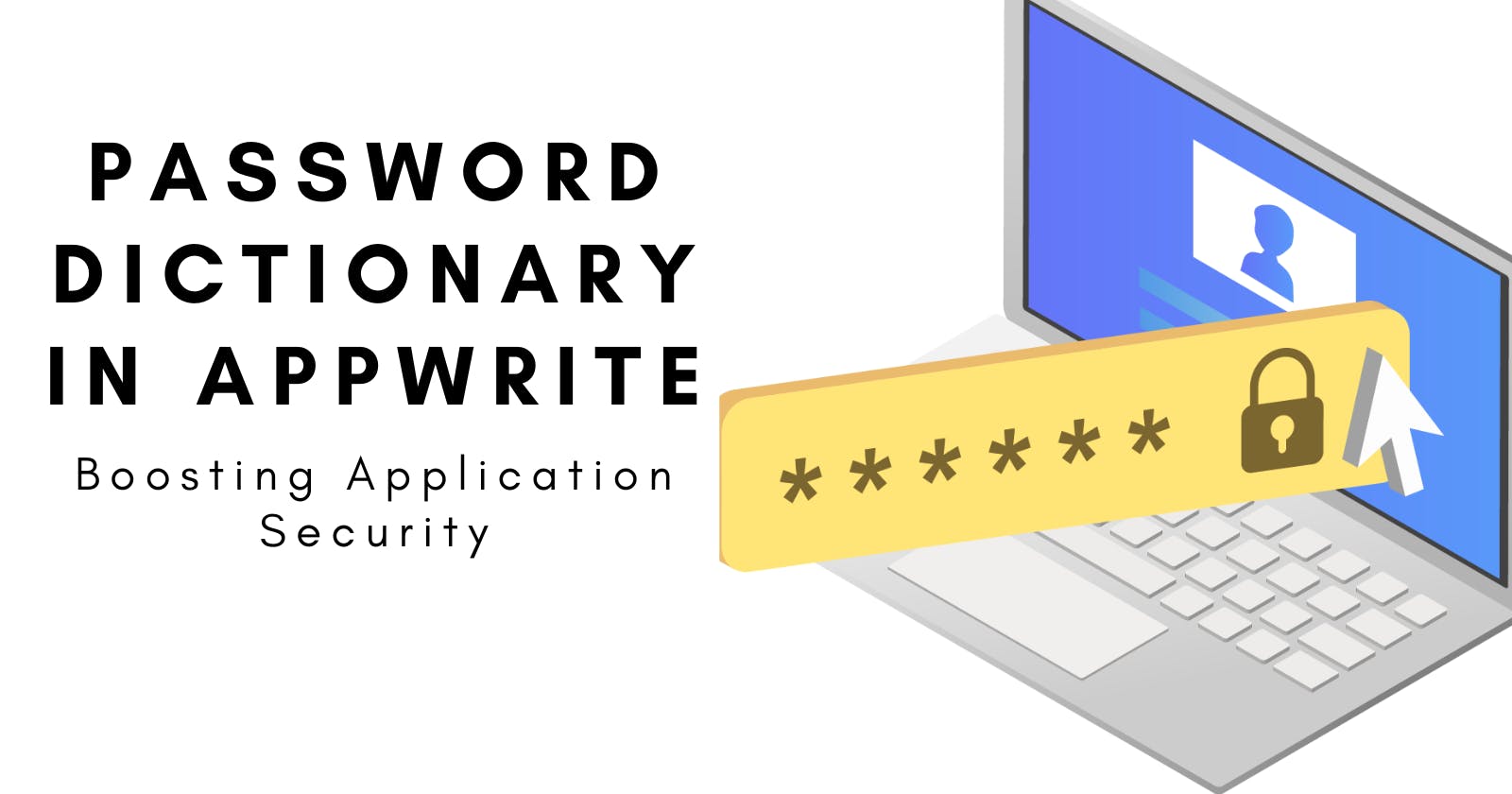Password Dictionary in Appwrite: Boosting Application Security
Strengthening User Passwords with Appwrite's Password Dictionary Feature for Enhanced Application Security
Ensuring the security of user data is a top priority for developers building web and mobile applications. One crucial aspect of this security is enforcing solid and unique passwords for user accounts. Appwrite, an open-source backend server for web and mobile developers, has introduced a new "Password Dictionary" feature to enhance password security. This article will explore the Password Dictionary feature and discuss how it boosts application security.
Appwrite: A Brief Overview
Appwrite is an open-source, self-hosted backend server that provides web and mobile developers with APIs and tools. It offers essential services such as user authentication, storage, databases, and cloud functions. Appwrite aims to simplify the development process by providing a unified, easy-to-use solution for the backend management.
The Need for Strong Passwords
Weak and commonly used passwords are a significant security risk for applications. They make it easier for attackers to gain unauthorized access to user accounts through brute-force or dictionary attacks. To protect user accounts, developers must enforce strong password policies, requiring users to create complex, unique passwords that are harder for attackers to guess.
Introducing Password Dictionary in Appwrite
The Password Dictionary feature in Appwrite is designed to prevent users from choosing weak or commonly used passwords. It compares user-provided passwords against a predefined list of widely used, invalid, or compromised passwords. If a user attempts to exploit a password from the list, the system will reject it and prompt the user to choose a stronger password.
Setting up Appwrite and the Password Dictionary Feature
To use the Password Dictionary feature in Appwrite, you'll first need to set up an Appwrite instance. Follow the official Appwrite installation guide to install Appwrite on your local machine or a server.
Once your Appwrite instance is up and running, you can enable the Password Dictionary feature by following these steps:
Download a password dictionary file
Appwrite uses a password dictionary file in newline-delimited text format (.txt) containing a list of commonly used, weak, or compromised passwords. You can find various password dictionaries online, such as the SecLists project on GitHub or the Have I Been Pwned database.
Upload the password dictionary file to your Appwrite instance
Upload the password dictionary file to your Appwrite instance's storage directory. By default, the storage directory is located at /usr/src/app/app/storage in the Appwrite container.
Update the Appwrite configuration
To enable the Password Dictionary feature, add the following environment variable to your Appwrite instance's configuration: Replace your-password-dictionary-file.txt with the name of the password dictionary file you uploaded earlier.
Restart your Appwrite instance
After updating the configuration, restart your Appwrite instance to apply the changes.
Testing the Password Dictionary Feature
With the Password Dictionary feature enabled, you can test it by trying to create a new user account or update an existing user's password with a weak or commonly used password. Appwrite should reject the password and return an error message, prompting the user to choose a stronger password.
Benefits of Using the Password Dictionary Feature
The Password Dictionary feature in Appwrite offers several benefits for application security:
Enhanced password security: The Password Dictionary feature reduces the risk of unauthorized account access by preventing users from choosing weak or commonly used passwords.
Improved user awareness: Prompting users to choose stronger passwords helps raise awareness about password security best practices.
Easy integration: The Password Dictionary feature is built into Appwrite, making enabling and configuring your applications simple.
Additional Password Security Best Practices
While the Password Dictionary feature is a valuable addition to Appwrite, it's essential to implement other password security best practices to ensure robust protection for user accounts. Some recommendations include the following:
Enforce password complexity rules: Require users to create passwords that combine uppercase and lowercase letters, numbers, and special characters.
Implement a password length requirement: Set a minimum length to reduce the likelihood of successful brute-force attacks.
Encourage password managers: Promote password managers to help users generate and store unique passwords for each account.
Use multi-factor authentication (MFA): Implement MFA to add an extra layer of security, requiring users to provide additional proof of identity when logging in.
Conclusion
The Password Dictionary feature in Appwrite is a powerful tool for boosting application security by preventing users from choosing weak or commonly used passwords. Integrating this feature alongside other password security best practices can significantly reduce the risk of unauthorized account access and protect your users' data. As a developer, it's crucial to prioritize security and stay informed about emerging threats and best practices to ensure the safety of your applications and their users.
